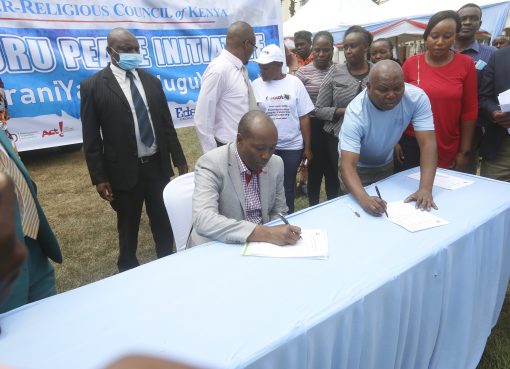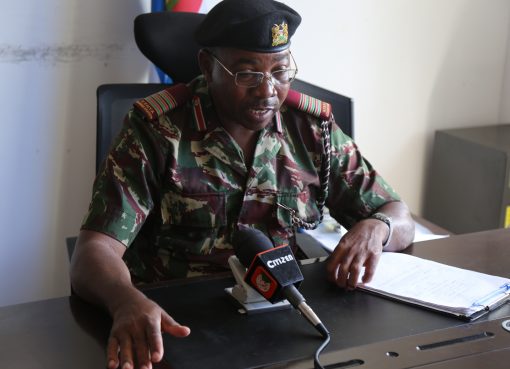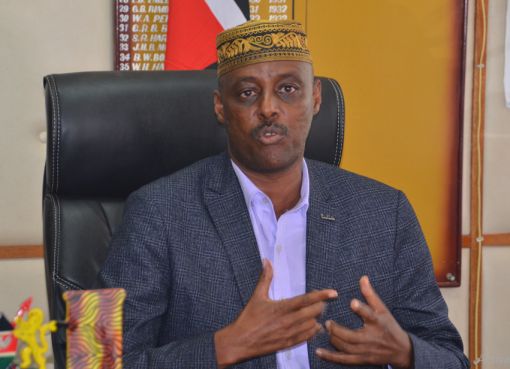Kenya has reiterated its commitment to remove all roadblocks along the Northern Corridor, as well as expand and upgrade transport infrastructure in order to promote trade in the East African Community region.
The Principal Secretary in the State Department for Regional and Northern Corridor Development (PS), Dr. Margaret Mwakima said the improvement of the transit corridor will enhance intermodal transport for both goods and movement of people in the region.
“There is need to come up with new initiatives to reduce the period track drivers stay at different border stations, ports, weighbridges and container terminals along the Northern Corridor to fastrack movement of goods,” said Dr. Mwakima.
She also announced the country’s plans of expanding and upgrading the Northern Corridor road networks and inland container depots, as well as constructing and refurbishing port and oil pipelines.
The PS who is the Chair of the of 49th meeting of the Northern Corridor Transit Transport Coordination Authority Executive Committee was speaking during the opening of the virtual meeting on Tuesday.
In a press statement sent to newsrooms on Tuesday, Dr. Mwakima said Kenya also intends to extend the Standard Gauge Railway (SGR) from Nairobi to Naivasha and to Kenya’s borders with the other six member States to facilitate intermodal transport.
“Before Covid-19 pandemic transportation used to take an average of four days to make a return trip to Kampala- Uganda, but with the outbreak of the disease in the region and the containment measures put in place it now takes an average of 14 days,” she said.
The PS added that a return trip to Kigali – Rwanda from the port of Mombasa which used to take eight days is now taking 20 days, noting that the transportation of cargo by SGR from Mombasa to Naivasha takes less than ten hours.
“This is an indication that it is economically appropriate for hinterland countries to use the SGR cargo trains for both imports and exports of cargo. I recommend that Member States involve the private sector in the development of these crucial projects,” urged Dr. Mwakima.
She said the involvement of the public sector can be achieved if the countries formulate polices, regulatory and institutional frameworks that create a conducive environment for the private sectors involvement in the transport infrastructure development and the logistics chain.
The PS also called on the Member States to come up with initiatives that will reduce poverty and promote the youth and women in the cross border and intra-regional trade, as well devise mechanisms that will leverage on e-commerce in conducting business transactions and minimize physical interactions along the corridor.
By Bernadette Khaduli





